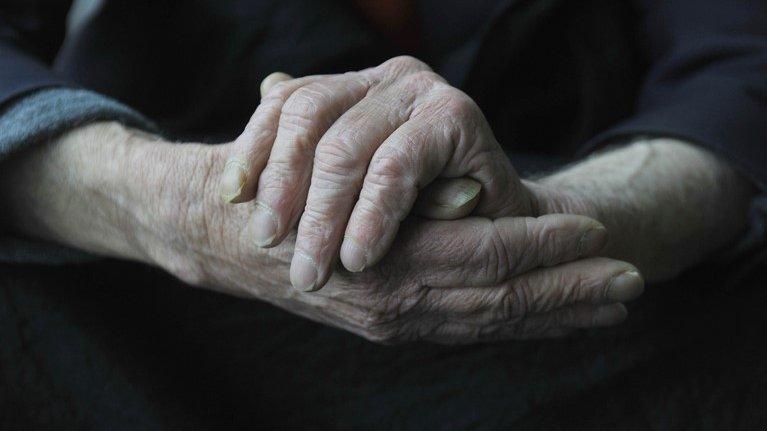'Quicker diagnosis needed' in Wales for dementia
- Published
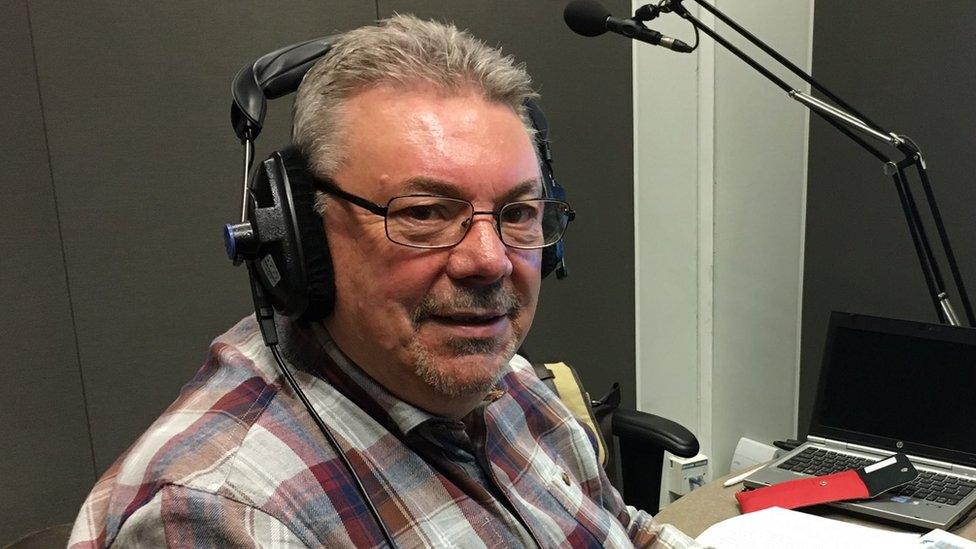
Faster diagnosis and a change in approach to the care provided to people with dementia is needed, a man with the condition has said.
Nigel, 66, from Swansea, was diagnosed in 2012 but began experiencing problems in 2007.
Prior to diagnosis, he said there was no support available but the effects were already taking their toll.
The Welsh Government said dementia was a priority and an extra £8m had been invested in the past two years.
Earlier this week, it was revealed dementia, including Alzheimer's disease, had overtaken heart disease as the leading cause of death in England and Wales.
Nigel said once a person has gone through all the necessary steps to get a diagnosis, it could be in excess of four years.
"They tend to wait and see, but dementia doesn't wait and see," he said.
"I'd like the Welsh Government to look at a national pathway from pre-diagnosis to end of life for people diagnosed with dementia and their relatives."
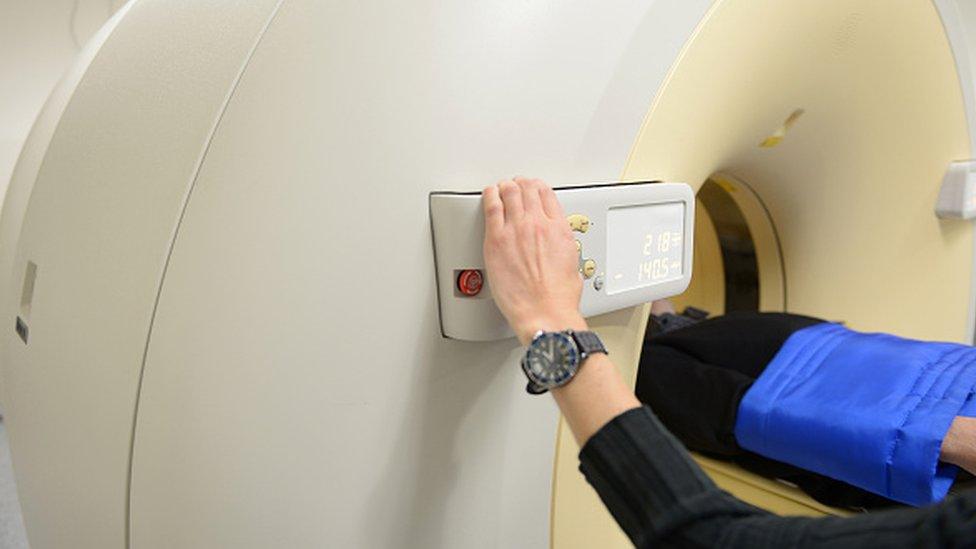
Nigel worked as a media officer but left his jobs as the condition started to affect him more in his day-to-day life.
"I'd put the Today programme on [in the mornings] and sit in the chair in my living room and the next thing it was 11:45," he said.
He also said people who relied on benefits could suffer if they have symptoms but have yet to be diagnosed as there are sanctions for missing appointments.
Nigel, a member of the Dementia Engagement and Empowerment Project, external, said there was a lack of direction in the system.
He also said post-diagnosis care was "under resourced and under funded" with care often being carried out by family members.
"We need somebody who delivers care around the needs of the individual - not the bathing, feeding, washing regime - and the same person every day - that continuity helps the carer and the person."
A Welsh Government spokesman said: "We are currently working closely with key stakeholders, partner organisations and service users and carers to develop a new dementia strategic action plan which we hope to publish for wider consultation before Christmas.
"The plan will focus attention on what service users and carers are telling us about what is particularly important to them - for example, early diagnosis and the provision of support following a diagnosis."
- Published14 November 2016
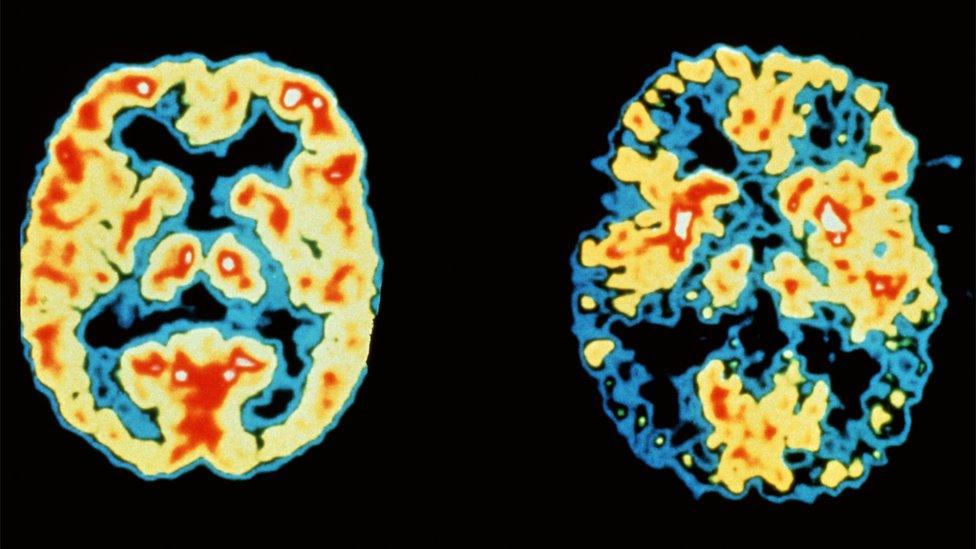
- Published22 October 2015

- Published31 August 2016
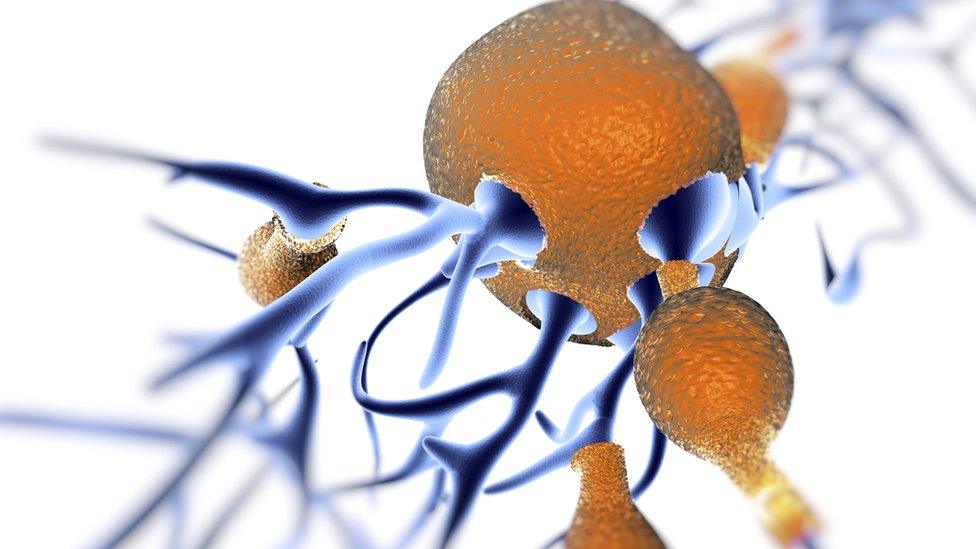
- Published22 August 2016

- Published10 September 2014
